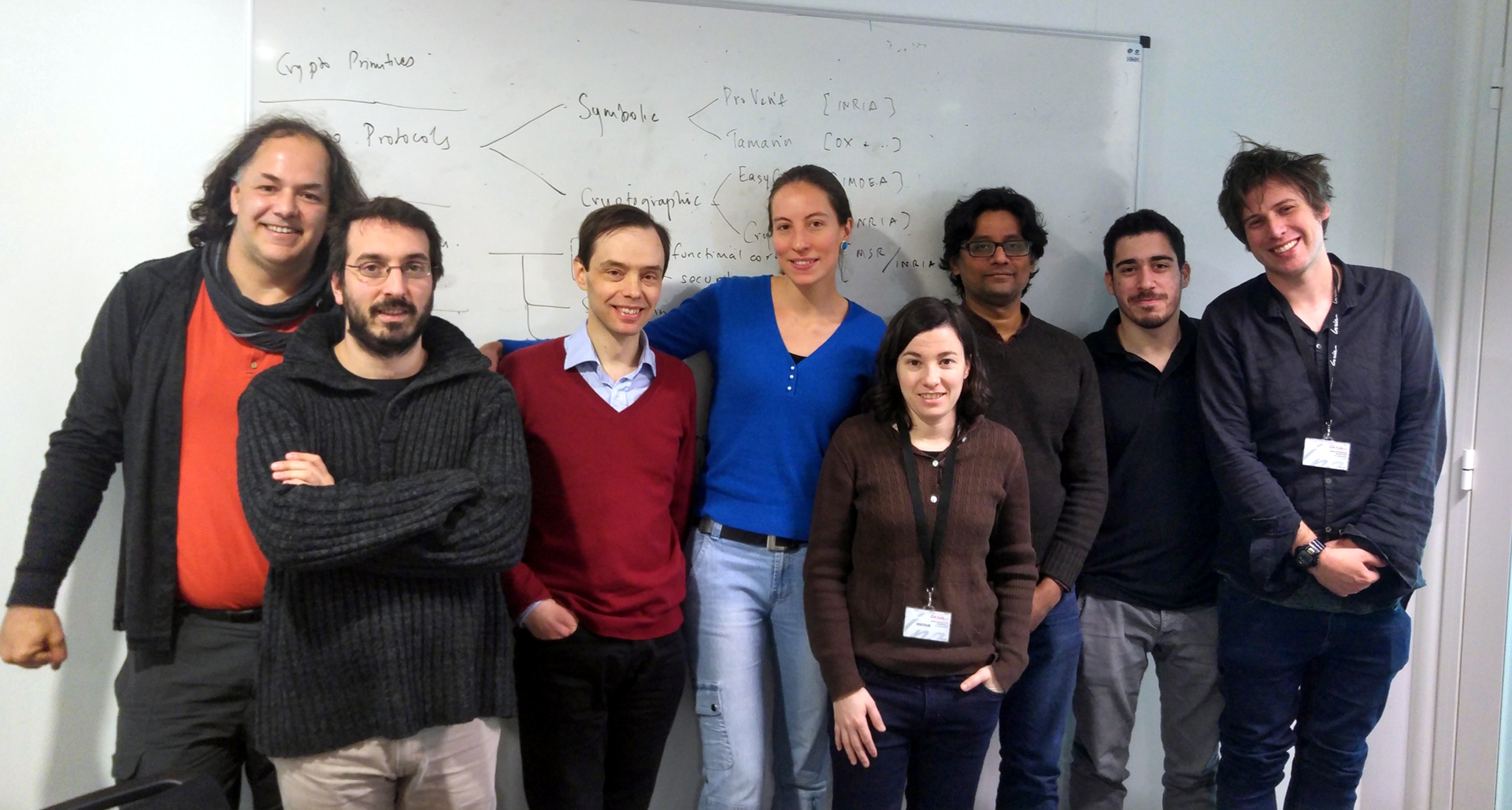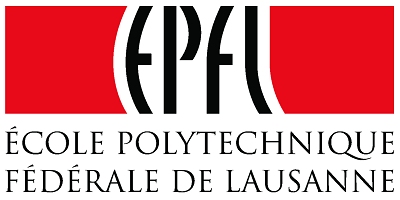Launch
The Political Significance of Cryptography
Although historically cryptography has been restricted to government and industrial use, there has recently, after revelations of mass surveillance by Snowden, been increased interest in securing the everyday communications of citizens: Applications such WhatsApp, Telegram, Silence, Crypto.cat, Signal, and even PGP all claim to use end-to-end encrypted messaging to secure the content of communication. There has been discussion in France after the Bataclan attacks of banning end-to-end encryption, and in recent weeks, political parties have declared their desire to keep end-to-end encryption legal but have a backdoor or passwords available to the government. Rumors of hacking now dominate the news, and are claimed even influence elections. Given that cryptography has moved from an obscure branch of mathematical number theory to a real-world problem, the NEXTLEAP project is drawing together an interdisciplinary group of cryptographers, activists, and philosophers to discuss the political significance of cryptography.






